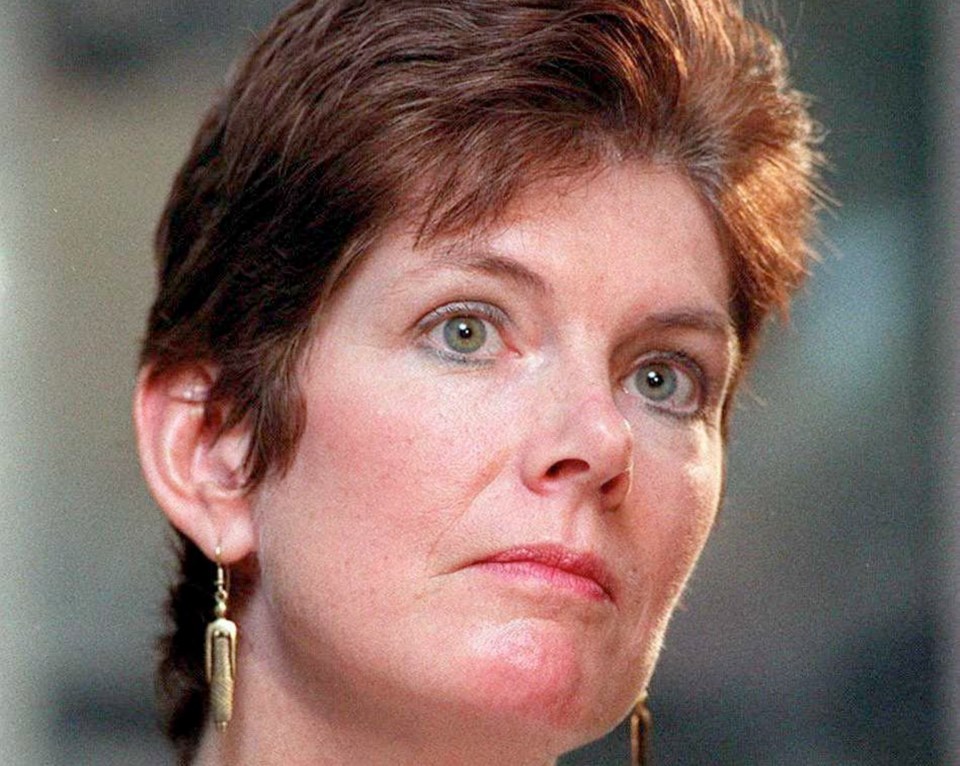John Hofsess deserves much of the credit for changing the law on physician-assisted dying in Canada, says University of Victoria ethicist Eike-Henner Kluge.
Although Hofsess has sometimes been portrayed in the media as a weird, egocentric sensationalist, Kluge came to know a different man.
“John was a man of principle, and he was willing to put his money where his mouth was,” Kluge says. “He was fundamental in changing the way death is brought about in Canada, by competent individuals, in keeping with their values.”
The two men met in the early 1990s while working on behalf of Sue Rodriguez, a North Saanich woman who had been diagnosed with ALS at the age of 41.
In the article published in Toronto Life the day he died, Hofsess says he established the Right to Die Society in Canada in 1991 to invest his energy in law reform. In 1992, the society helped Rodriguez launch her court challenge under the Charter of Rights and Freedoms to determine whether she had the right to an assisted suicide, given her physical inability to end her own life due to the progression of her illness.
In 1993, the Supreme Court of Canada rejected the challenge in a 5-4 ruling. Rodriguez died in February 1994 with the help of an anonymous physician enlisted by NDP MP Svend Robinson.
A criminal investigation was conducted, but no charges were laid.
Two other B.C. women, Kathleen Carter and Gloria Taylor, both suffering debilitating diseases, took their quest for the right to die to the Supreme Court of Canada. Neither lived to see the outcome — Carter travelled to Switzerland for an assisted death in 2010, and Taylor died of an infection in 2012.
On Feb. 6, 2015, their case resulted in what is known as the Carter decision. The Supreme Court struck down the federal prohibition on physician-assisted dying, finding that the law violated the Canadian Charter of Rights and Freedoms.
The court framed the issue this way: “It is a crime in Canada to assist another person in ending her own life. As a result, people who are grievously and irremediably ill cannot seek a physician’s assistance in dying and may be condemned to a life of severe and intolerable suffering. A person facing this prospect has two options: She can take her own life prematurely, often by violent or dangerous means, or she can suffer until she dies from natural causes. The choice is cruel.”
The court suspended its ruling for 12 months to give the government time to amend its laws. In January, the court granted the new Liberal government an additional four months to consult with Canadians on drafting a law to comply with the ruling.
Since February, the Supreme Court has allowed individuals to apply to the court for exemptions to permit physician-assisted death in compliance with the Carter ruling.
Victoria NDP MP Murray Rankin, vice-chairman of the special parliamentary committee dealing with the government’s response to physician-assisted dying, believes the new bill will be before Parliament in the coming weeks. A new law must be in place by June 6 to meet the Supreme Court deadline.
“John deserves credit. None of the assisted suicide would have changed it if hadn’t been for John,” Kluge says. “He took on Sue Rodriguez, referred her to me, and we then initiated the case that ultimately resulted in the split decision.
“That alerted the public and brought it to the fore. Without this, the Carter case could never have happened.”



